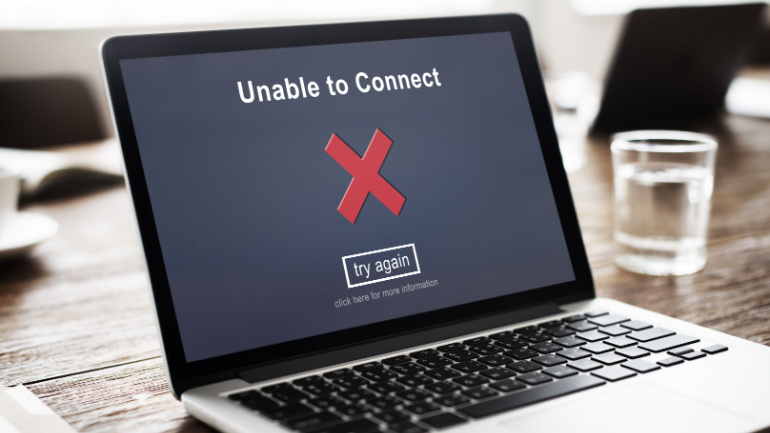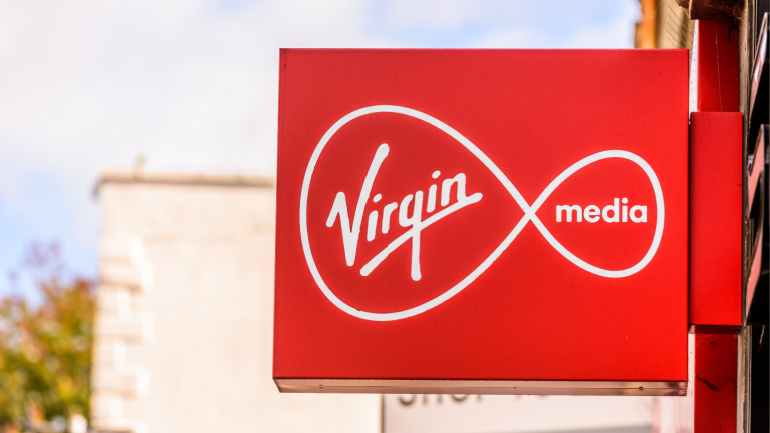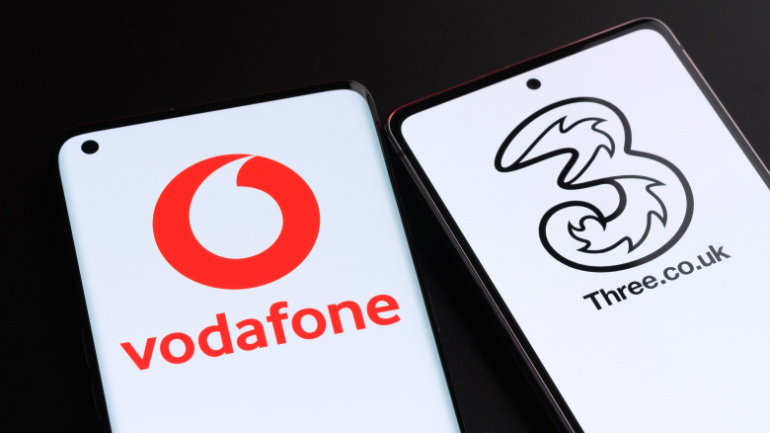UK-based CityFibre has acquired a significant £318 million in public funding, aiming to increase high-speed broadband access nationwide. Supported by the government’s Project Gigabit, funds were awarded for bring fibre connectivity to selected regions needing better broadband access. A challenging and expensive task, especially in rural areas, but this initiative could shine a beacon of connected hope. Is the government’s £5 billion goal achievable? Read on to explore the potential impact of this massive contribution to rural telecommunications.
More and more companies are embracing the flexibility of remote work, allowing their employees to be connected wherever they are in the world. In this article, we’ll discuss how to implement VoIP in a remote work environment, including the benefits of utilizing VoIP for remote work, and the different types of VoIP systems available.
In this dynamic digital era, telecom stakeholders are exploring innovative ways to connect people, homes, industries with machines and vehicles. Huawei’s Li Peng emphasizes creating value with 5G, citing its ability to deliver higher traffic, extensive connectivity, reliable latency, and multifaceted cloud services.
The UK faces a digital exclusion dilemma, with lack of strategy and leadership leaving millions potentially unconnected. Baroness Stowell highlights the imperative of bridging this gap for global competitiveness. However, the effectiveness of suggested solutions remains debatable, and conversations around online safety further complicate the situation. With potential threats to end-to-end encryption, a revised approach to digital skills may be necessary.
BT collaborates with HPE to adapt to the rise in hybrid work and IoT demands, leveraging HPE’s Aruba Networking for a new managed LAN service. This partnership promises heightened flexibility, security and visibility, overcoming the limitations of conventional in-building networks. Despite this, the market faces potential turbulence, particularly from the clearances of backlogged orders affecting enterprise WLAN revenues. While this partnership signifies progress, the changes may create a challenging landscape for those in the industry.
While Europe’s increasing $227 billion investment in IoT assures advancements, it particularly underlines the businesses’ focus on operational cost reduction and process optimization. However, economic strains and geopolitical disturbances, like the war in Ukraine and Covid-19, impede this spending surge, especially in Central and Eastern Europe. IDC, nevertheless, forecasts an upturn by 2027, with IoT remaining a viable tool in organization performance enhancement amidst challenges. For telecom providers, these shifting sands offer both opportunities and considerable challenges.
Virgin Media O2 Plans Job Cuts Virgin Media O2 is reportedly planning job cuts, with anywhere between 800 and 2,000 jobs at risk of elimination. The company has rescheduled an imminent pay rise for staff to avoid including it in redundancy packages. This news disappoints staff who were led to believe they would have the opportunity to transfer to different departments, but anonymous sources suggest suitable alternative roles may not be available. The job cuts are part of the ongoing integration process between O2 and Virgin Media, following their merger in 2021, and are expected due to real estate consolidation and eliminating overlapping roles, common methods in mergers. Read the full article T-Mobile and Bellevue Pilot Road Safety Tech T-Mobile US and the city of Bellevue, Washington, are partnering to pilot Cellular Vehicle-to-Everything (C-V2X) technology, aimed at enhancing road and pedestrian safety through real-time information. T-Mobile will provide 5G connectivity,…
In a major step toward network evolution, UK’s Virgin Media O2 (VMO2) has successfully tested and begun selling services powered by cutting-edge XGS PON fibre technology. This move, primed to revolutionize digital connectivity, promises customers symmetric 10 Gbps upload and download speeds but might initially be geographically limited. The transformative technology is expected to rival offerings from other telco giants whilst unlocking the potential for future technological advancements.
Vodafone UK is proclaiming the promise of 5G, with over 50% of UK adults agreeing that it could significantly impact their daily lives. But the telecom giant is also sparking conversation around its proposed merger with Three, a move believed to accelerate the UK’s digital future. The benefits of this merger extend to healthcare, utilities, and railways, showing strong potential to enhance these sectors through technologies enabled by 5G connectivity. However, this ambitious union faces challenges, including the controversial issue of spectrum distribution, crucial for 5G delivery. Yet, in the ever-evolving telecom landscape, it might be the willingness to navigate these challenges that determines their success.
Telefonica teams up with Nokia in a bold move to investigate the application of private mobile networks within Latin American businesses. They aim to foster digital transformation across “promising industries”, including ports, energy, mining, and manufacturing. Despite 5G’s infancy in the region, Ericsson’s recent report suggests a promising future, predicting 5G will constitute 42% of all mobile subscriptions by 2028. Meanwhile, Nokia’s data reveals that a whopping 80% of companies implementing their industrial-grade private wireless solutions expect a positive return on investment within six months.













